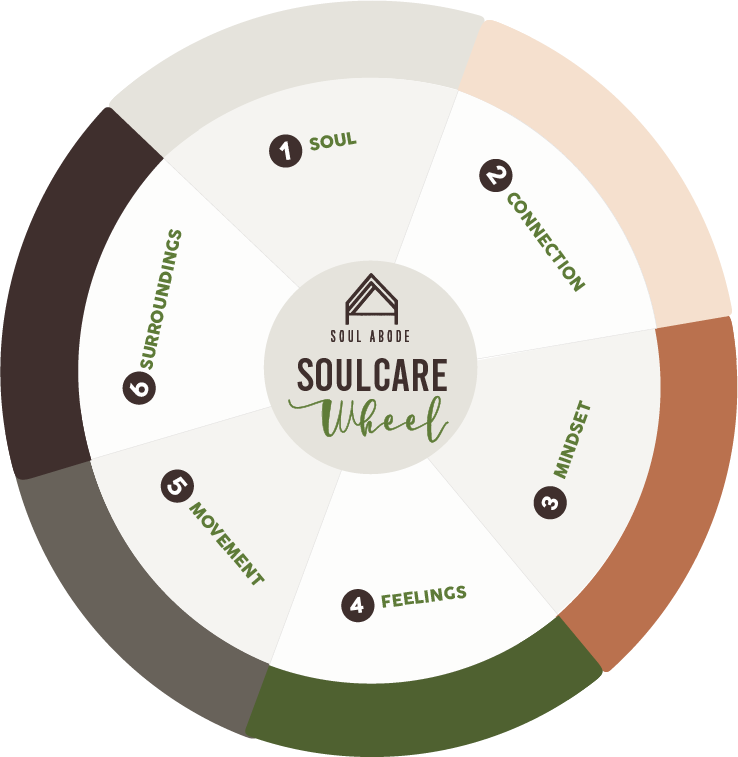The Power of A Gratitude Practice

Practicing gratitude is a powerful way to boost mental health and overall well-being. Research has shown that individuals who regularly express gratitude experience lower levels of stress, improved mood, and better sleep quality. By acknowledging and appreciating the positive aspects of life, people can cultivate a more positive outlook and increase their overall happiness.
Practicing gratitude can be a game-changer: it has far reaching effects, from improving our mental health to boosting our relationships with others. Living your life with gratitude helps you notice the little wins—like the bus showing up right on time, a stranger holding the door for you, or the sun shining through your window when you wake up in the morning. Each of these small moments strings together to create a web of well-being that, over time, strengthens your ability to notice the good.
Building your capacity for gratitude isn’t difficult. It just takes practice. The more you can bring your attention to that which you feel grateful for, the more you’ll notice to feel grateful for!
- Start by observing. Notice the thank yous you say. Just how much of a habitual response is it? Is it a hasty aside, an afterthought? How are you feeling when you express thanks in small transactions? Stressed, uptight, a little absent-minded? Do a body scan—are you already physically moving on to your next interaction?
- Pick one interaction a day. When your instinct to say “thanks” arises, stop for a moment and take note. Can you name what you feel grateful for, even beyond the gesture that’s been extended? Then say thank you.
Enhancing Relationships through Gratitude
Gratitude also plays a significant role in strengthening relationships. When we express gratitude towards others, it fosters a sense of connection and builds trust. Taking the time to thank someone or show appreciation can deepen bonds and create a more positive social environment. In turn, this can lead to improved communication, increased empathy, and a greater sense of community.
Gratitude as a Resilience Tool
Practicing gratitude can serve as a resilience tool during challenging times. By focusing on what we are thankful for, even in the face of adversity, we can shift our perspective and build emotional strength. This positive mindset can help individuals navigate difficulties more effectively and bounce back from setbacks with greater ease.
Simple Ways to Incorporate Gratitude into Daily Life
- Keep a gratitude journal and write down things you are thankful for each day.
- Express appreciation towards others through verbal acknowledgment or small gestures.
- Take a moment to reflect on the positive aspects of your life, even during tough times.
- Practice mindfulness and savor the present moment, focusing on what you are grateful for right now.
Embracing a gratitude practice can have a transformative impact on mental, emotional, and social well-being. By incorporating gratitude into our daily lives, we can cultivate a more positive and resilient mindset, enhance our relationships, and experience greater overall happiness.
Related Articles

Sign-up for our newsletter
By clicking "sign up," you agree to receive emails from Soul Abode and accept our web terms of use and privacy and cookie policy.





